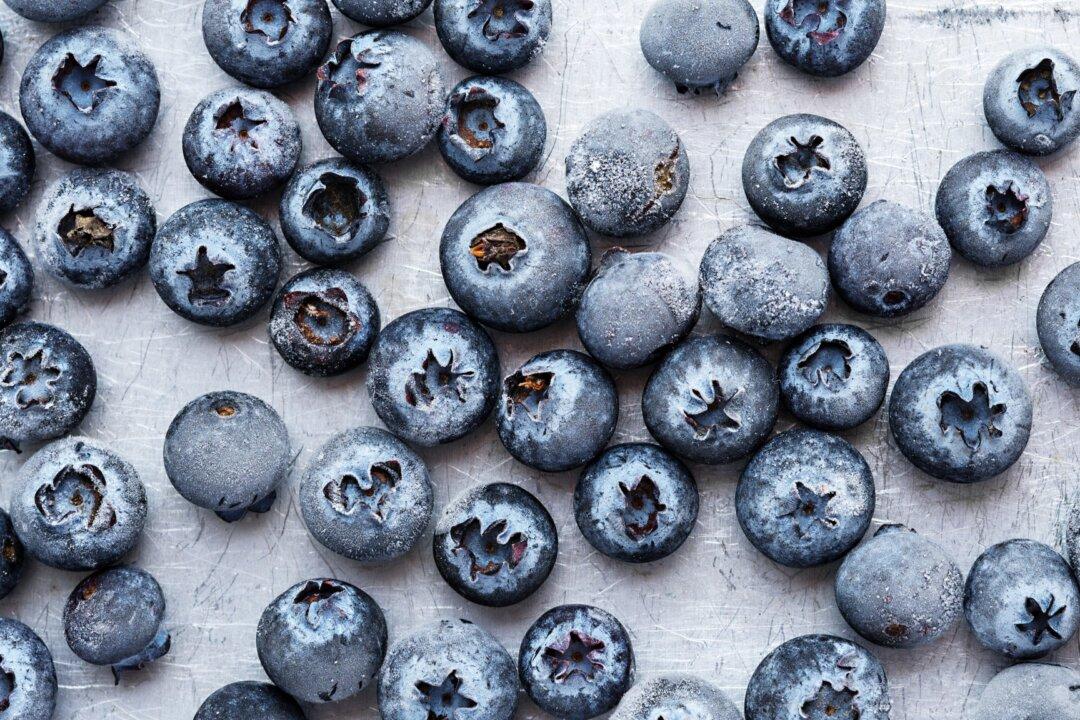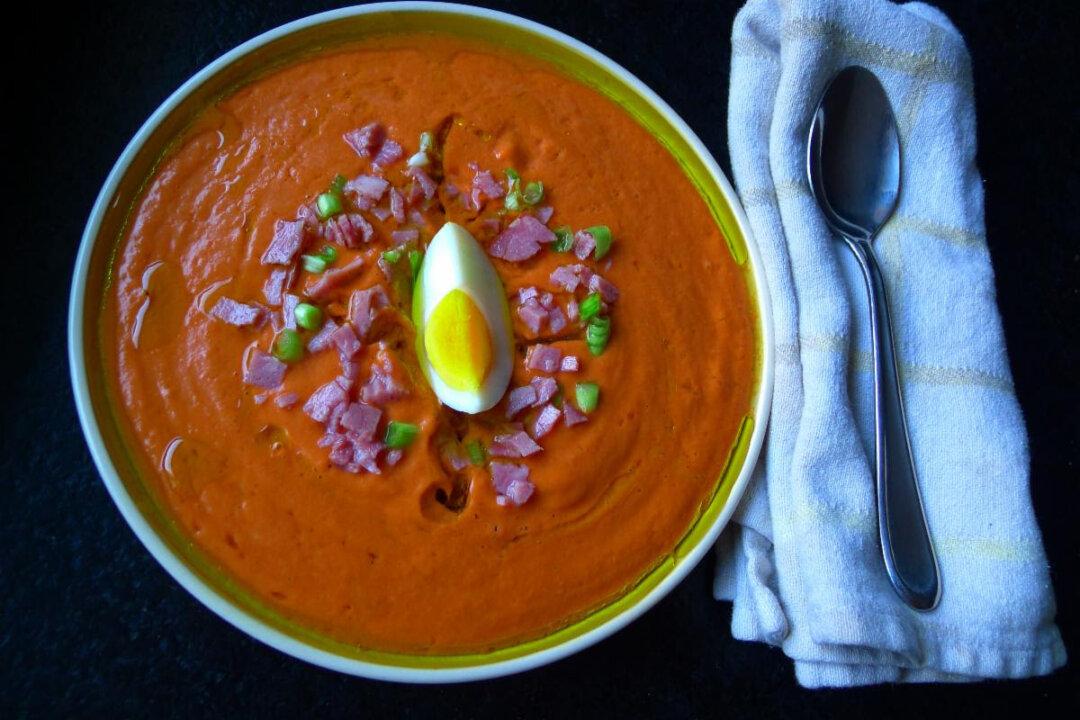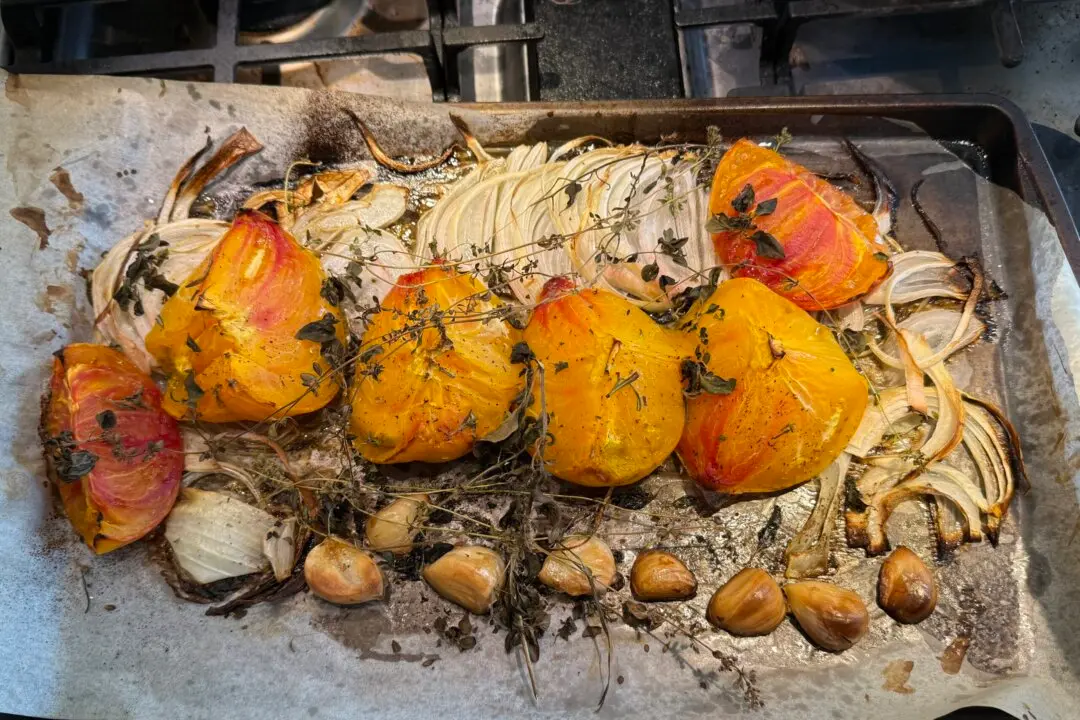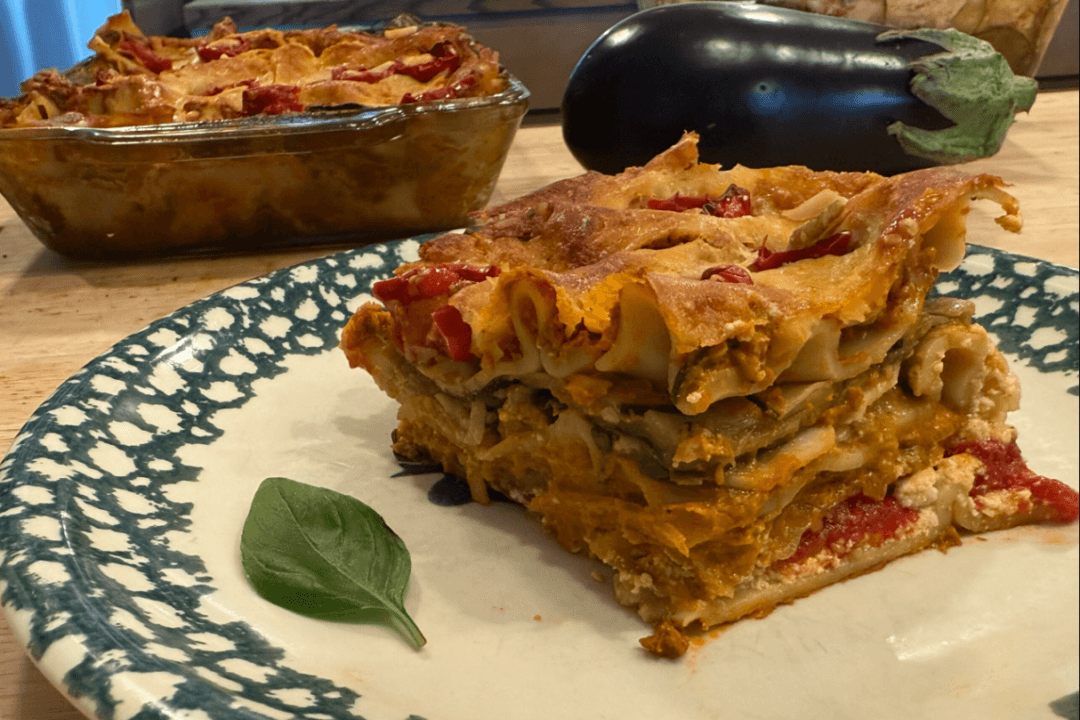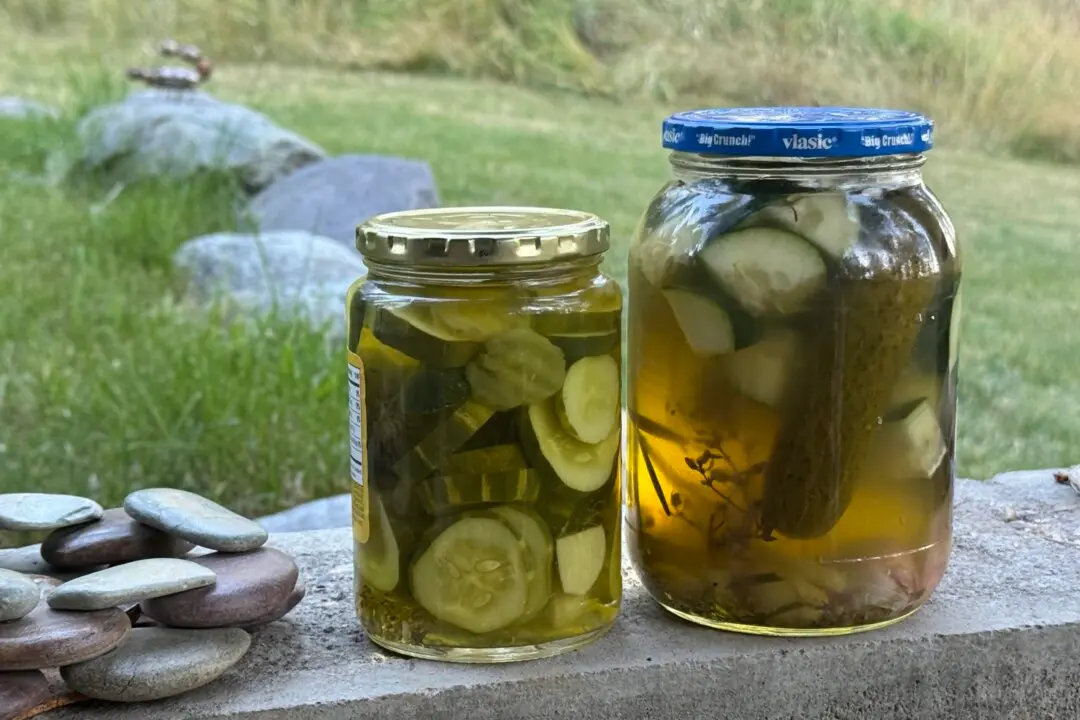Drinkers of bubble tea are bracing for the worst. Boba balls, the tapioca-based spheres that collect at the bottom of a cup of this wildly popular Taiwanese beverage, are reportedly in short supply.
Bubble tea is a combination of milk and tea, shaken or stirred to create the namesake bubbles. The boba balls sink to the bottom of the cup, waiting to be sucked up through an extra-wide straw and chewed with the sips of tea.

